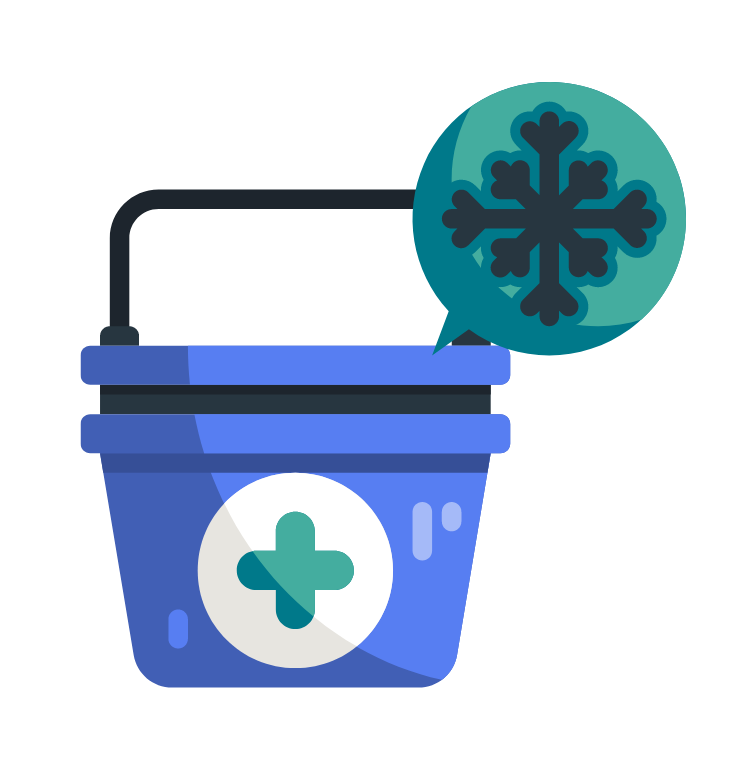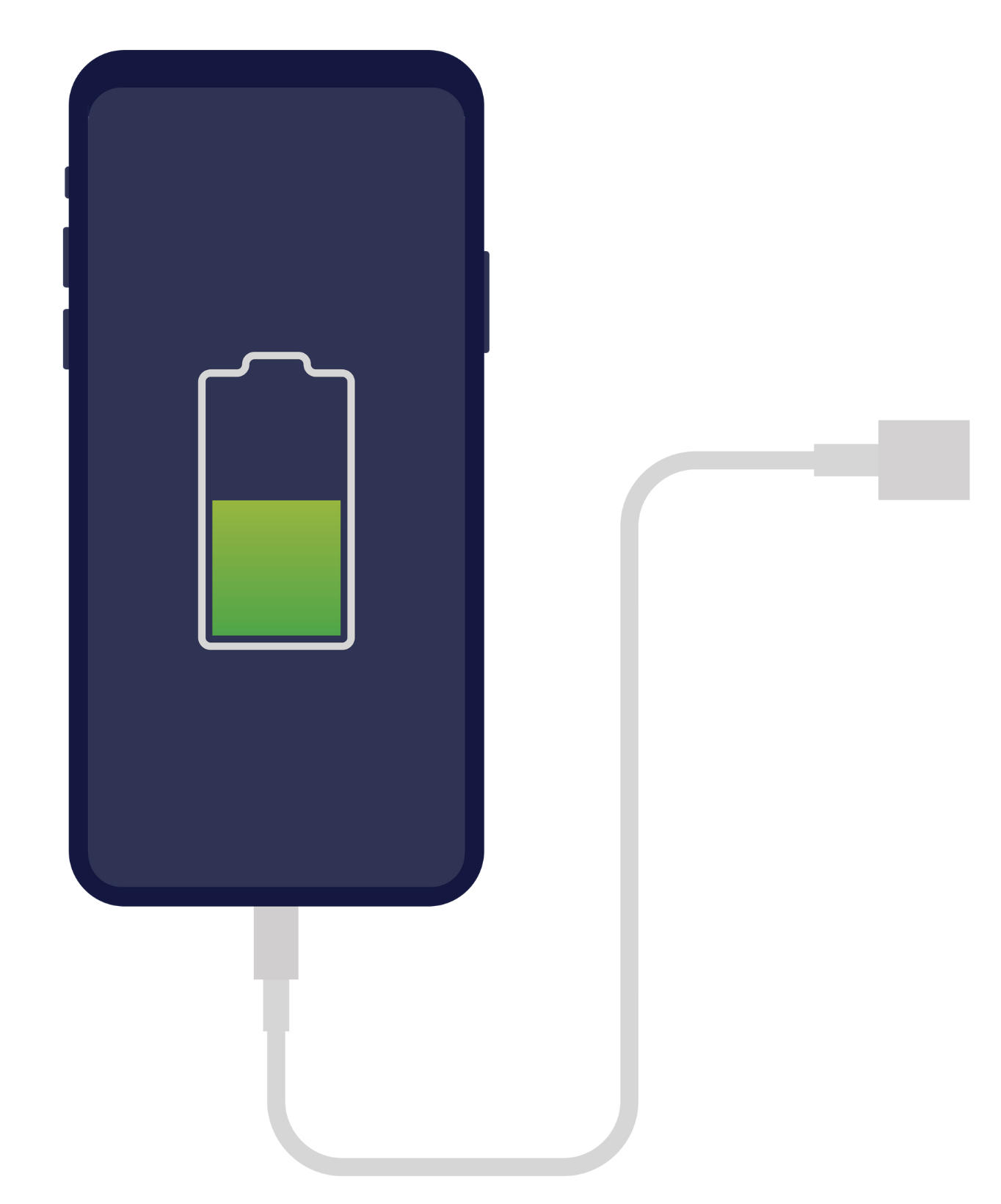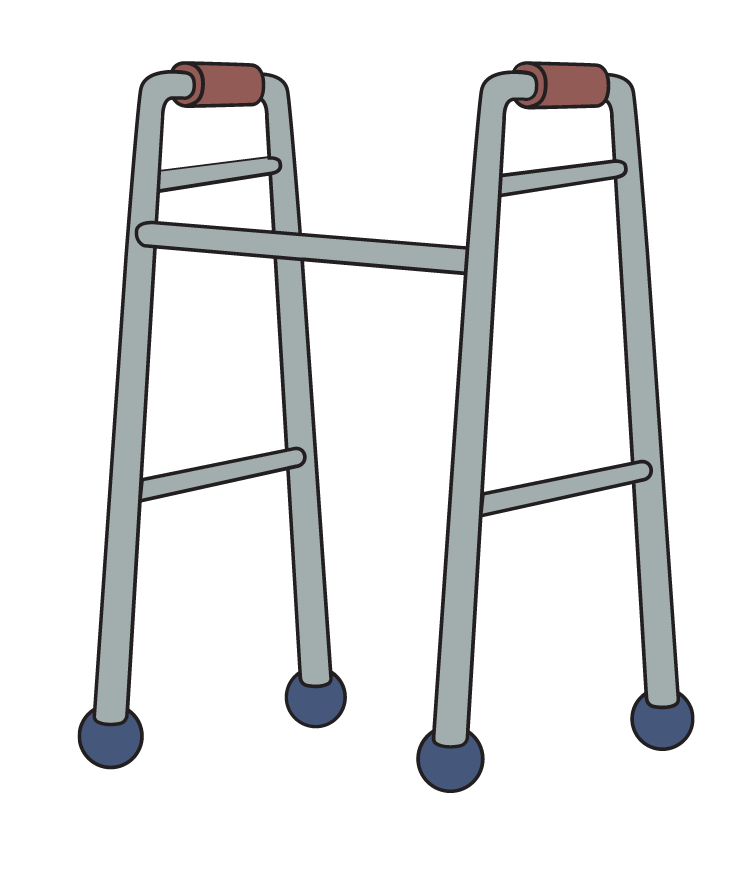If you have Access and Functional Needs Consider adding these items to your Emergency Kits:
For Medications:
- Speak to your Doctor about putting together an emergency supply of medications.
- Keep a list of your prescribed medications, over the counter drugs, vitamins and supplements.
- Include information about your diagnosis, dosage, frequency, needed medical supplies, and allergies.

- If you have medications that need to be kept cold have a cooler and ice packs on hand.
If you are Deaf or Hard of Hearing:
- Have a weather radio that has text display and flashing alerts.
- Extra hearing-aid batteries.
- Pen and Paper.
- Battery operated lantern to allow communication through sign language or lip reading.
If you are Blind or have Low Vision:
- Make emergency supplies with braille labels or large print.

- Keep a list of emergency supplies where you purchased them on a flash drive or make an audio file.
- Keep communication devices for your particular needs.
If you have a speech Disability:
- Plan how you will evacuate if your use an augmentative communications device or other assistive technologies.
- Plan how you will replace your equipment if lost or destroyed.
- Keep your model information and note where the equipment came from such as Medicaid, Medicare, or Private Insurance.
- Plan how you will communicate with others if your equipment is no longer working.
- Possible options: laminated cards with phrases and/or pictogram.
If you have an intellectual or developmental disability:
- Keep handheld electronic devices charged with videos and activities.

- Have spare chargers for the electronic devices.
- Have sheets and twine or a small pop-up tent.
- This will help to decrease visual stimulation in a busy room or to provide instant privacy.
- Have a pair of noise-cancelling headphones to decrease auditory stimuli.
- Keep comfort snacks on hand.
If you have a mobility disability consider:
- Having a backup lightweight wheelchair if you use an electric wheelchair.
- Informing others on how to dismantle, assemble and operate your wheelchair.
- Purchase an extra battery if you have a battery powered wheelchair or other battery-operated medical or assistive technology devices.
- Learn which agencies, organizations or local charitable groups can help you buy a battery.
- Keep these extra batteries charged 24/7.
- Keep a patch kit or can of sealant for flat tires and/or extra inner tube if wheelchair or scooter is not puncture proof.

- Keep another mobility device on hand - walker, cane, etc.
- Keep portable air pump for wheelchair tires.
- Keep extra seat cushion if you use one.
- Communicate with your neighbors who are able to assist you if you need to evacuate a building.
If you the person has Alzheimer's or Related Dementia:
- Never leave this person alone.
- The individual could be found wandering away into unfamiliar places.
- If you have to evacuate bring comforting items such as a pillow or blanket for them to hold.
- If you are at a shelter stay away from exits and go to a quiet corner.
- If this individual becomes agitated respond to the emotions that are being conveyed.
